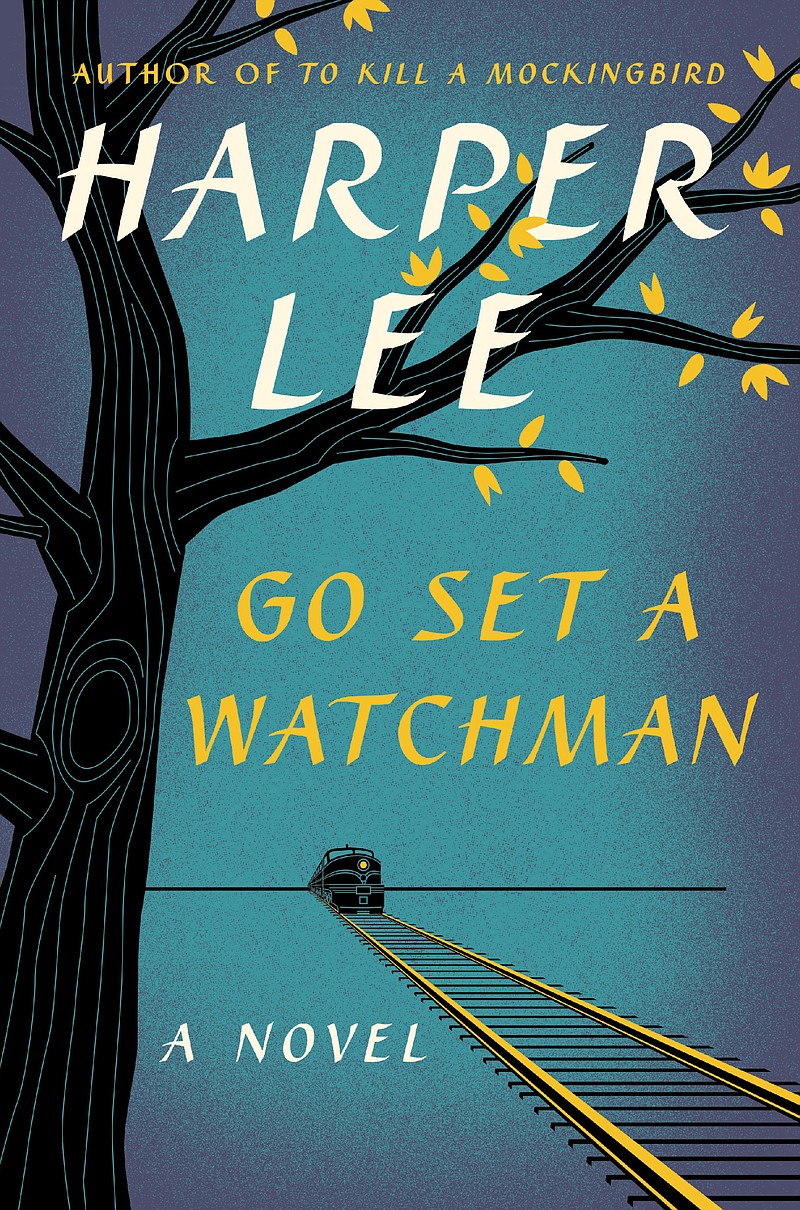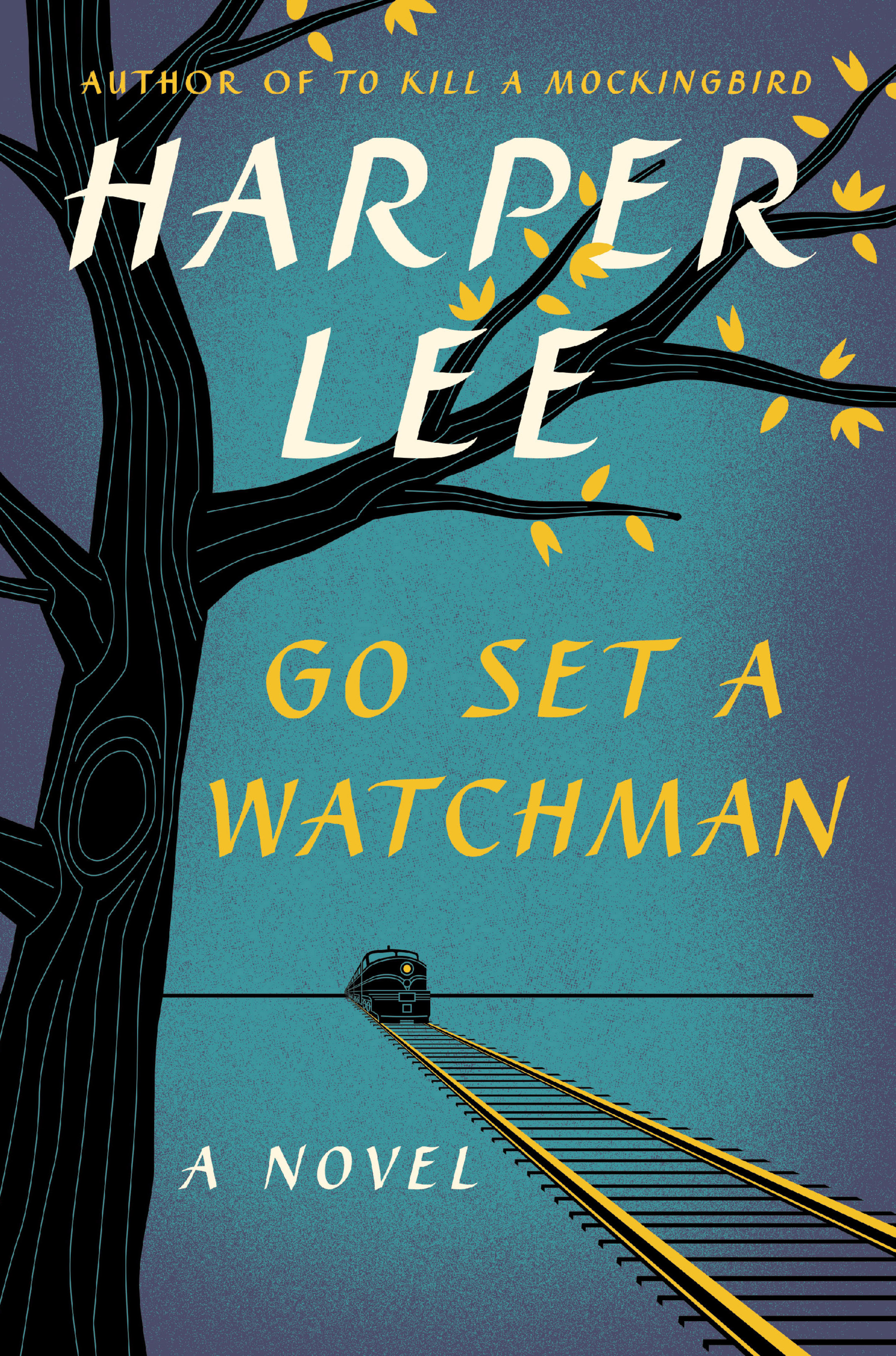A suggestion for reading Harper Lee's new "Go Set a Watchman."
Don't.
Or, at least, lower your expectations, way low. It's not nearly as good as "To Kill a Mockingbird," and I can't help but wonder if the "Watchman" manuscript should have remained locked away in that Alabama safe deposit box, where it had stayed for the last five decades. Some things are better left unsaid.
But if you do read it - I did, couldn't help myself - please remember this.
It is not a sequel.
It is not a prequel.
And Atticus Finch is not the same man.
Especially remember that. Because eight chapters into "Watchman," all your Atticus-love will fly out the window like, well, a mockingbird. A feminist-minded Jean Louise has come back home to Maycomb, Ala., from her adult life in New York City, and wanders into her father's belongings to tidy up. There, she finds racist propaganda, some pamphlet called "The Black Plague," the same kind of hate-material Dylann Roof would have read.
The Atticus Finch of her childhood has become a bigot. A Klan sympathizer. He's anti-integration. He's joined the local citizens' council.
She's nauseated.
We are, too.
In that moment, "Watchman" hits like a 'Dear John' letter, like some act of literary infidelity. (It comes at a terrible time for American morality. First, Bill Cosby. Now, Atticus Finch?)
Up until Tuesday morning, Finch has been the golden father of our Southern imagination, the mob-defying Alabama lawyer whose bravery and moral largesse gave us something to hang our hat on. Like all good art, "Mockingbird" served as moral instruction - one poll said it was the second most influential book behind the Bible. Finch was its primary teacher.
So we wandered into Tuesday's release of "Watchman" - it was the literary event of the last 50 years, and no, I haven't forgotten Harry Potter - thinking it was Mockingbird 2.0.
Sure, some things are similar; Lee's language and descriptions - "she watched the last of Georgia's hill recede and the red earth appear, and with it tin-roofed houses set in the middle of swept yards, and in the yards the inevitable verbena grew, surrounded by whitewashed tires" - are so graceful.
(Yet the book is top-heavy with characters, and lacking on plot and conflict. Not much happens for, oh, most of it.)
Atticus is still practicing law, but is older, with arthritis so bad he can't shave some mornings. Jem has died. Calpurnia left. In the early pages, you can spot something's missing from Atticus, even before Jean Louise finds his racist tracts. He's not himself. He's half-Atticus.
And that is the point.
He's not Atticus.
We should not read "Watchman" as some continuation of "Mockingbird." We should not see Atticus as a distortion of his former self. Lee did not write this new book as a sequel. She wrote it as a draft that she later re-wrote into "Mockingbird." She'd mailed it to a publishing house where an editor, thankfully, steered her toward the ideas that later - after two years of re-writes - became "Mockingbird."
So to read "Watchman" is to read something unformed. Its racist Atticus is just an early version, some yet-completed golem, that would later perfect itself into the Atticus of "Mockingbird."
Of course, Finch has a dark side. We all do. But we shouldn't cast him to the scrap heap, for such extreme moral regression is ridiculous. Only in rare cases we do ethically retreat in such dramatic ways. We may question. We may go through a dark night of the soul. But moral ground once gained is rarely conceded, and it's silly to think that the Atticus Finch of "Mockingbird" has somehow lost his way, abandoning his progressive self for some Klan-like mentality.
Yes, "Watchman" powerfully examines how good country people are able to rationalize racial violence. If we hadn't met Atticus Finch before now, he would serve as a striking lesson on how an otherwise fine, upstanding man can be morally awful and on the complete wrong side of history.
Instead, think about what Harper Lee did some 50 years ago.
She took an early version of a rough, racist man and made him exceptional, brave, transformatively wise. She began writing with a grizzled Atticus Finch in mind, and wound up with someone magnificent.
It is OK to want to have heroes. It is OK to believe in people.
"Mockingbird" taught us that, and "Watchman" shouldn't take it away.
Contact David Cook at dcook@timesfreepress.com or 423-757-6329. Follow him on Facebook at DavidCook TFP.


